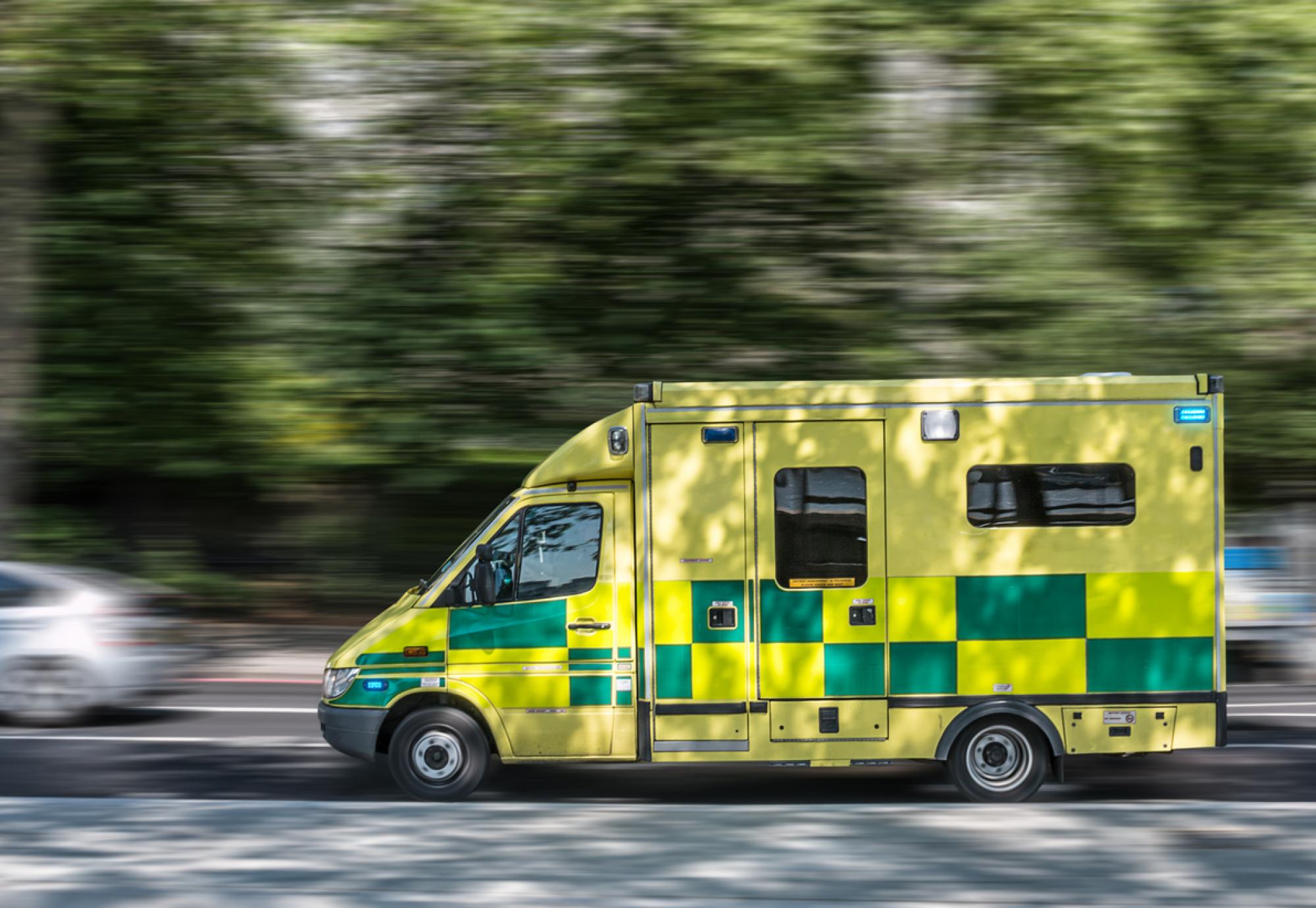The NHS’s innovative mobile testing programme has identified thousands of more people in danger of getting liver cancer after visiting England’s highest risk communities.
Between June 2022 and September 2023, the roaming liver trucks have delivered more than 26,500 fibroscans and subsequently found 2,204 patients with cirrhosis or advanced fibrosis – a leading cause of liver cancer.
Across 18 areas of England, the 12 vehicles have scanned people everywhere from GP practices to diabetes and sexual health clinics.
In a bid to catch the cancer as early as possible, adults with high alcohol consumption, non-alcoholic liver disease, or a current/previous diagnosis of viral hepatitis are being offered the checks, as these all increase the risk of developing liver cancer.
Approximately 6,200 people are diagnosed with liver cancer each year and only a third are caught at an early stage. When detected sooner, patients have a 45% chance of survival for five years or more – that probability goes down to 5% if found at stage four.
As part of a major NHS drive to catch cancers earlier and save lives, over 2,200 people have been identified as being at risk of liver cancer and referred for further care.
— NHS England (@NHSEngland) October 28, 2023
Find out how liver trucks visit communities to perform quick, non-invasive scans. https://t.co/Z1SmJzJot8 pic.twitter.com/KXHRQFvh39
NHS England’s national clinical director for cancer, Professor Peter Johnson, said: “We are seeing liver cancers increasing year on year, but finding them early gives the best chance of successful treatment, which is why we have set up this initiative that is having such a positive impact and making it easier for people who are at a higher risk of liver cancer or other organ damage to get life-saving checks.”
He continued: “Bringing liver scans into the heart of communities has already helped us find thousands of people with liver damage that needs further monitoring, investigation, or treatment; and in the future, we expect to help tens of thousands more patients receive a diagnosis sooner.
Those who are considered to be at a high-risk of liver cancer are provided with information about their condition and referred to a GP if necessary.
Patients can also be put under a six-month liver surveillance scheme, where a dedicated support worker will offer guidance and share advice from those who have experienced liver disease themselves.
Prof Johnson added: “Lives are saved when cancers are caught early and when more people are referred for tests, which is why the NHS has put so much effort into early diagnosis in recent years, as well as increasing access to testing.”
Image credit: iStock



















